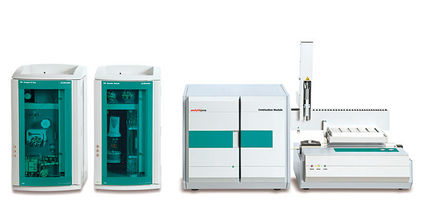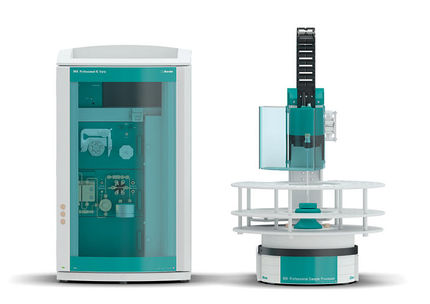To use all functions of this page, please activate cookies in your browser.
my.chemeurope.com
With an accout for my.chemeurope.com you can always see everything at a glance – and you can configure your own website and individual newsletter.
- My watch list
- My saved searches
- My saved topics
- My newsletter
2000-watt societyThe 2000-watt society is a vision, originated by the Swiss Federal Institute of Technology in Zürich at the end of 1998, in which each person in the developed world would cut their rate of energy use to an average of no more than 2,000 watts (i.e. 17,520 kilowatt-hours per year of all energy use, not only electrical) by the year 2050, without lowering their standard of living. Two thousand watts is approximately the current world average rate of energy use. This compares to averages of around 6,000 watts in western Europe, 12,000 watts in the United States [1] and closer to 500 watts in developing countries such as India. Switzerland itself, currently using an average of around 5,000 watts, was last a 2000-watt society in the 1960s. It is further envisaged that the use of fossil fuels would be ultimately cut to no more than 500 watts per person within 50 to 100 years. The vision was developed in response to concerns about climate change, energy security, and the future availability of energy supplies. It is supported by the Swiss Federal Office of Energy, the Association of Swiss Architects and Engineers, and other bodies. Product highlight
ImplicationsResearchers in Switzerland believe that this vision is achievable, despite a projected 65% increase in economic growth by 2050, by using new low-carbon technologies and techniques [2]. It is envisaged that achieving the aim of a 2000-watt society will require, amongst other measures, a complete reinvestment in the country's capital assets; refurbishment of the nation's building stock to bring it up to low energy building standards; significant improvements in the efficiency of road transport, aviation and energy-intensive material use; the possible introduction of high-speed maglev trains; the use of renewable energy sources, district heating, microgeneration and related technologies; and a refocusing of research into new priority areas. As a result of the intensified research and development effort required, it is hoped that Switzerland will become a leader in the technologies involved. Indeed, the idea has a great deal of government backing, due to fear's about climate change The Basel pilot regionLaunched in 2001 and located in the metropolitan area of Basel, 'Pilot Region Basel' aims to develop and commercialise some of the technologies involved. The pilot is a partnership between industry, universities, research institutes and the authorities, coordinated by Novatlantis [3]. Participation is not restricted to locally based organisations, and in 2005 the city of Zurich joined the project. Within the pilot region the projects in progress include demonstration buildings constructed to MINERGIE or Passivhaus standards, electricity generation from renewable energy sources, and vehicles using natural gas, hydrogen and biogas. The aim is to put research into practice, seek continuous improvements, and to communicate progress to all interested parties, including the public. See also
References
|
|||||
| This article is licensed under the GNU Free Documentation License. It uses material from the Wikipedia article "2000-watt_society". A list of authors is available in Wikipedia. |







